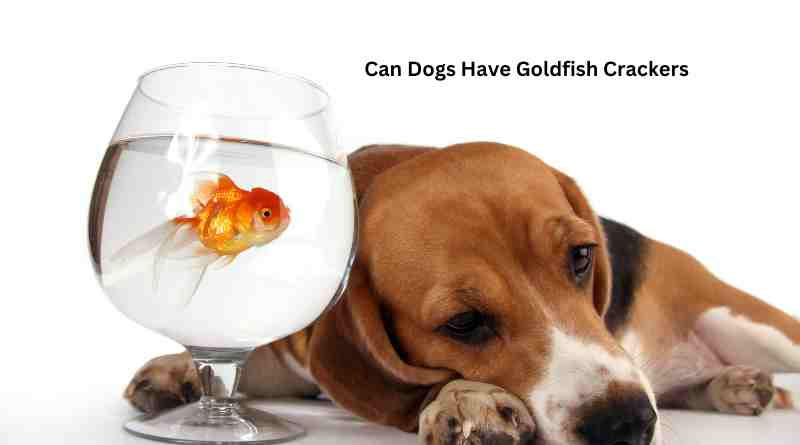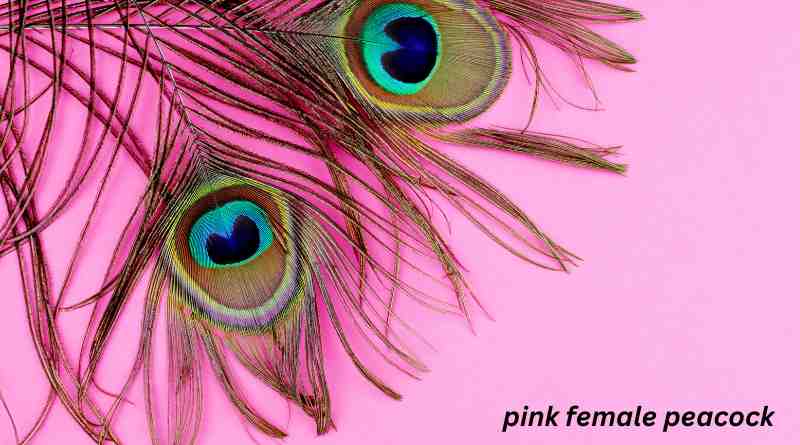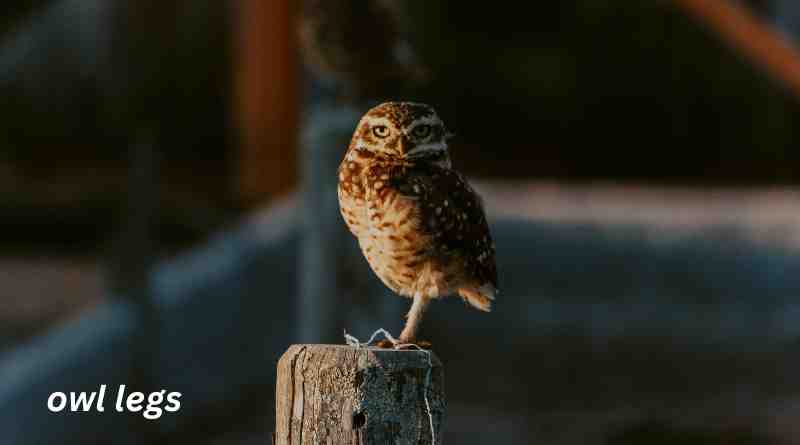As pet owners, we always want the best for our furry friends, ensuring they receive proper nutrition while occasionally indulging them with treats. One common question among dog owners is whether it’s safe to share human snacks, such as Goldfish crackers, with their dogs. This comprehensive guide aims to address the question: Can dogs have Goldfish crackers? We will explore nutritional aspects, potential risks, and healthier alternatives to ensure your pet remains happy and healthy.
Understanding Goldfish Crackers
Goldfish crackers are a popular snack made by Pepperidge Farm, known for their cheesy flavor and fish shape. The main ingredients typically include wheat flour, sunflower oils, salt, and cheese seasoning. While these ingredients might not sound harmful, the nutritional profile and additives in Goldfish crackers are not ideal for canine diets.
Nutritional Breakdown and Concerns
A closer look at the nutritional content of Goldfish crackers reveals that they are high in carbohydrates and fats, which can be problematic for dogs. Regular consumption of such snacks can lead to weight gain and associated health issues like diabetes and joint problems in dogs. Additionally, the salt content in Goldfish crackers is higher than what is recommended for dogs, potentially leading to sodium ion poisoning if consumed in large amounts.
Potential Allergic Reactions
Dogs, like humans, can have allergies to certain food ingredients. Common allergens in Goldfish crackers include wheat and dairy products. Signs of an allergic reaction in dogs include itching, ear infections, diarrhea, and vomiting. If you notice any of these symptoms after feeding your dog Goldfish crackers, it is crucial to consult your veterinarian.
Risks Associated with Feeding Goldfish Crackers to Dogs
While an occasional cracker may not pose a significant risk, frequent consumption can lead to several health issues. Here we delve into the risks associated with feeding dogs Goldfish crackers regularly.
Gastrointestinal Upset
The spices and flavors used in Goldfish crackers, such as onion and garlic powder, can be toxic to dogs. Even in small quantities, these ingredients can cause gastrointestinal upset. Symptoms may include stomach pain, diarrhea, and vomiting, which, if severe, might require veterinary attention.
Dental Problems
Goldfish crackers are designed to be crunchy, which might not be suitable for all dogs, especially those with dental issues. Crunching hard snacks can lead to broken teeth or aggravate existing dental conditions. Furthermore, the crackers do not provide any dental benefits to dogs, unlike specially formulated dog treats.
Healthier Alternatives
Considering the potential risks associated with Goldfish crackers, it is advisable to seek healthier alternatives specifically designed for dogs. Here are some options:
Dog-Specific Treats
Numerous commercial dog treats are formulated to be both nutritious and appealing to dogs. These treats often contain added vitamins and minerals that benefit a dog’s health, unlike Goldfish crackers. When choosing dog treats, look for products with natural ingredients and those that meet the nutritional levels established by the AAFCO Dog Food Nutrient Profiles.
Homemade Snacks
For those who prefer a more natural approach, homemade dog treats can be an excellent alternative. Simple recipes like baked sweet potato slices or homemade peanut butter cookies can provide a healthy snack for your dog. These alternatives allow you to control the ingredients, ensuring there are no harmful additives.
Conclusion
To sum up, while feeding your dog a few Goldfish crackers as a rare treat likely won’t cause immediate harm, it is not recommended to include them regularly in your dog’s diet. The nutritional content of Goldfish crackers does not align with canine dietary needs and poses potential health risks. Opting for healthier, dog-specific alternatives is the best way to reward your pet without compromising their health.
As always, if you have any concerns about your dog’s diet or notice any health issues, it is best to consult with a veterinarian. They can provide guidance tailored to your dog’s specific nutritional needs and health status, ensuring your furry friend stays as healthy and happy as possible.
Read also: check










Leave a Reply